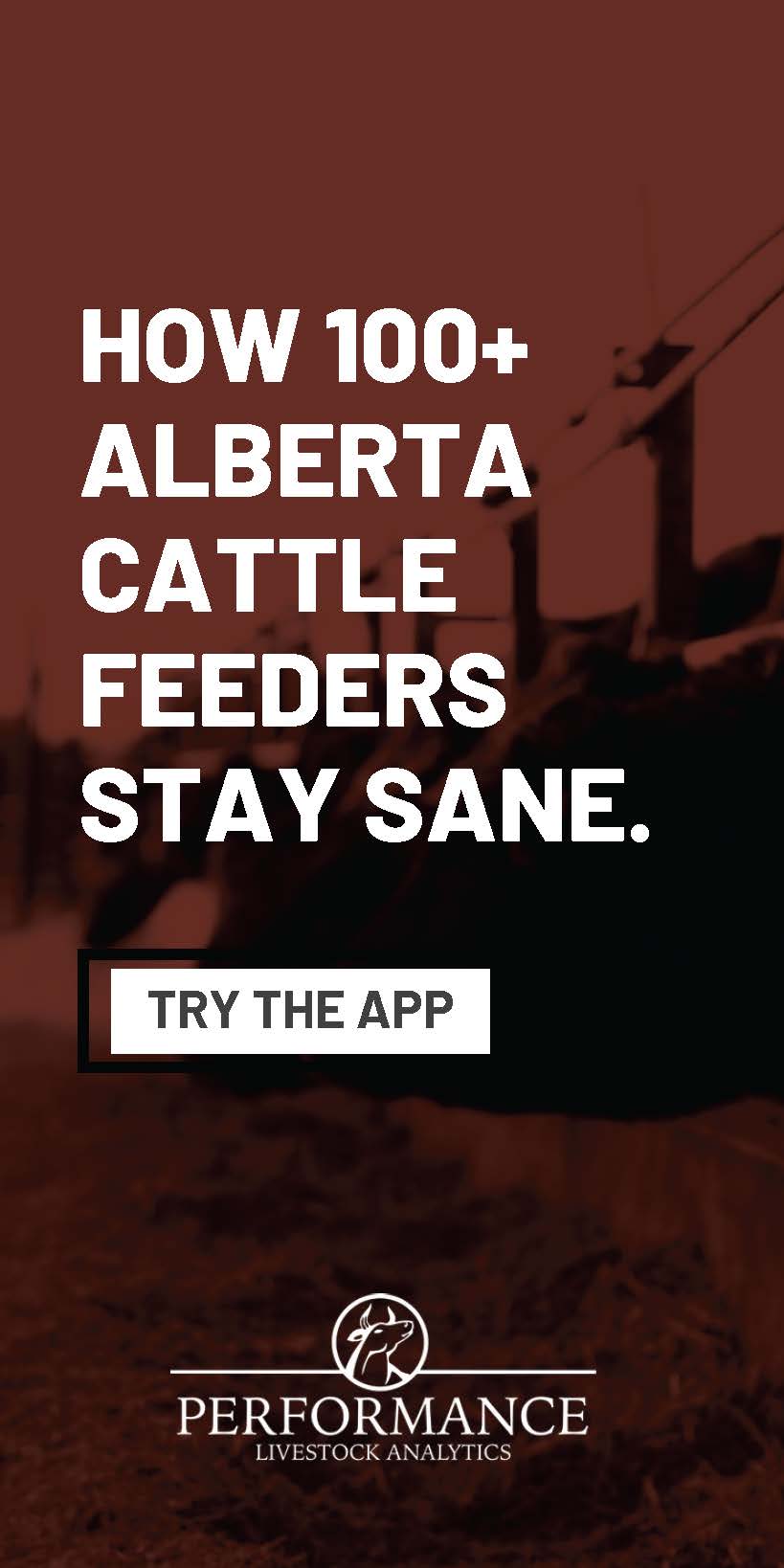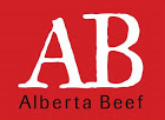As I write this, I’m watching a horribly inaccurate documentary about the harm of the livestock industry called Cowspiracy. I kid you not. This documentary exists, and it’s actually as awful as it sounds. There are many misconceptions about our industry, and most of them propagate within the environmental movement. Now, without a doubt, the environment has never been a more important topic to talk about, and I really do respect the people who are working hard to protect our world.
That said, there are a ton of armchair activists who buy into all of the anti-ranching sentiment without ever having actually researched the issue independently and they have no idea how complex the issue really is. It’s funny because the longer I live in this world, the more I realize that there is no such thing as a black and white issue.
Take the cattle industry in South America, where huge areas of rainforest have been heartbreakingly razed to make room for cattle. It’s tragic in so many ways. I’ve been fortunate enough to spend some time in the rainforests of Peru, and it was truly a magical place. But I also saw a lot of ugly poverty when I was there – kids living in slum cities on the outskirts of Lima, having to carry water by the bucketful up a steep mountain to where their tent home was located. I saw cripples in the middle of busy streets trying to peddle pencils to a seemingly blind stream of non-stop honking vehicles. It’s very easy to say that people in South America have to stop cutting down their rainforests when I am rich in comparison to the majority of their population. And like me, they’re just getting through life day by day, and trying to provide for their kids as best they can.
We are so fortunate in western Canada because we have a legitimately incredible story to tell about how we raise our cattle, and why it’s genuinely good for the land, but it’s a tough sell when all anyone hears is that livestock is ruining the world.
That’s why I was intensely interested to see the answers to the questions that the CCA sent to the Liberals in advance of the election – and thanks to the CCA for engaging them on the issues. I was disappointed to see nothing about overhauling the CFIA, which I think is sorely needed. They have committed $80 million “to help ensure the safety of domestic and imported food,” but without that overhaul, I’m always waiting for the next CFIA wreck to drop.
Overall, they did a decent job of answering the questions without seeming like they were totally inept when it came to understanding the cattle business, but also without any expertise in it either. In other words, I have hope, and it’s no secret that my feelings for former Agriculture Minister Gerry Ritz were less than warm.
However, liberal governments have a very historic track record of cozying up to crop farmers and pushing out cattle ranchers – but I’m hoping that’s long behind us all now. My biggest concern with this government is whether they have the political will to implement a sector-specific solution to the labour shortage the packing industry is facing. We need action on this file now, and as much as I was incredulously disappointed that the Harper administration lacked the chutzpah to get the job done, I am even more afraid that this government won’t either.
It’ll be interesting to see how the TPP file is handled as well, and how exactly this government plans to increase trade and export opportunities abroad.
Question number seven of the CCA questionnaire asked very specifically whether they would implement traceability, and the answer was; “The Liberal Party will work in collaboration with industry partners to advance policy to support the growth and competitiveness of our cattle industry.”
You know what that generic kind of answer is like? It’s like reading a singles ad with a headline of “I like long walks on the beach” – people want substance, not platitudes.
If we want the beef business to continue to be viable and to retain the operational infrastructure we currently retain, we need a few critical things.
1. A competitive packing industry. Let’s be real here. We won’t ever be as competitive as the U.S. because we don’t have Mexico knocking on our door. But we can sure narrow the gap by reducing the cost burden of inspection fees and addressing the labour shortage situation made worse by the changes to the Temporary Foreign Workers Act.
2. We need some sort of program, whether it’s a private/public partnership or a government-led pilot project initially that changes hands, but we need something that will help younger people transition into the industry. The cost of getting in is too high, but we need young producers to get in to help instigate herd expansion.
3. We need to develop a mechanism for compensating the cow-calf sector for providing environmental goods and services – especially through tough times when without those compensatory mechanisms, we are most vulnerable to losing more of our native grasslands.
4. We need market access, but we need access that is more than just a paper trail of news releases. We need to be able to navigate these markets and have tools at our disposal to know how to access the access. Without that, they may as well not be open.
My desires have always been a little off the beaten track, so maybe my wish list is unrealistic… but why be a “walk on the beach” kind of girl when you can aim for the heavens and walk on the moon?



